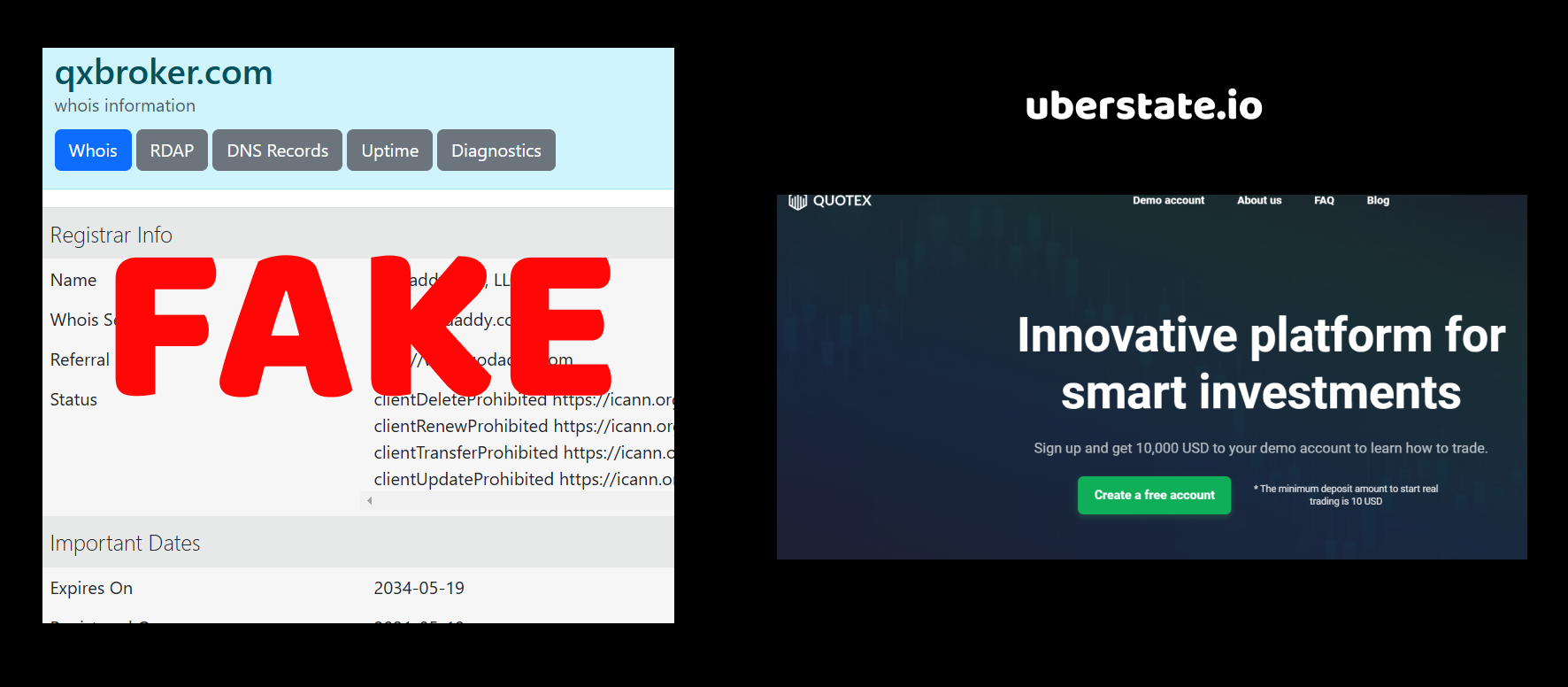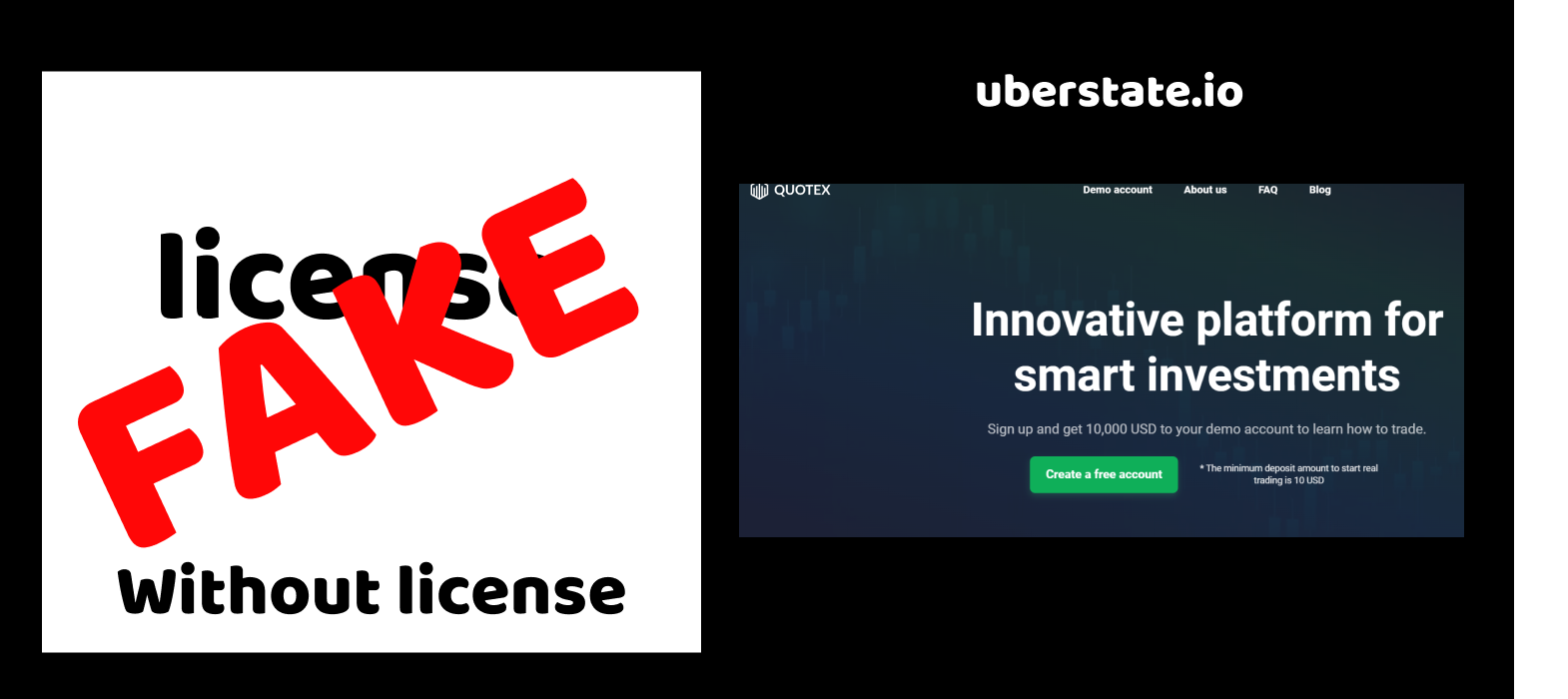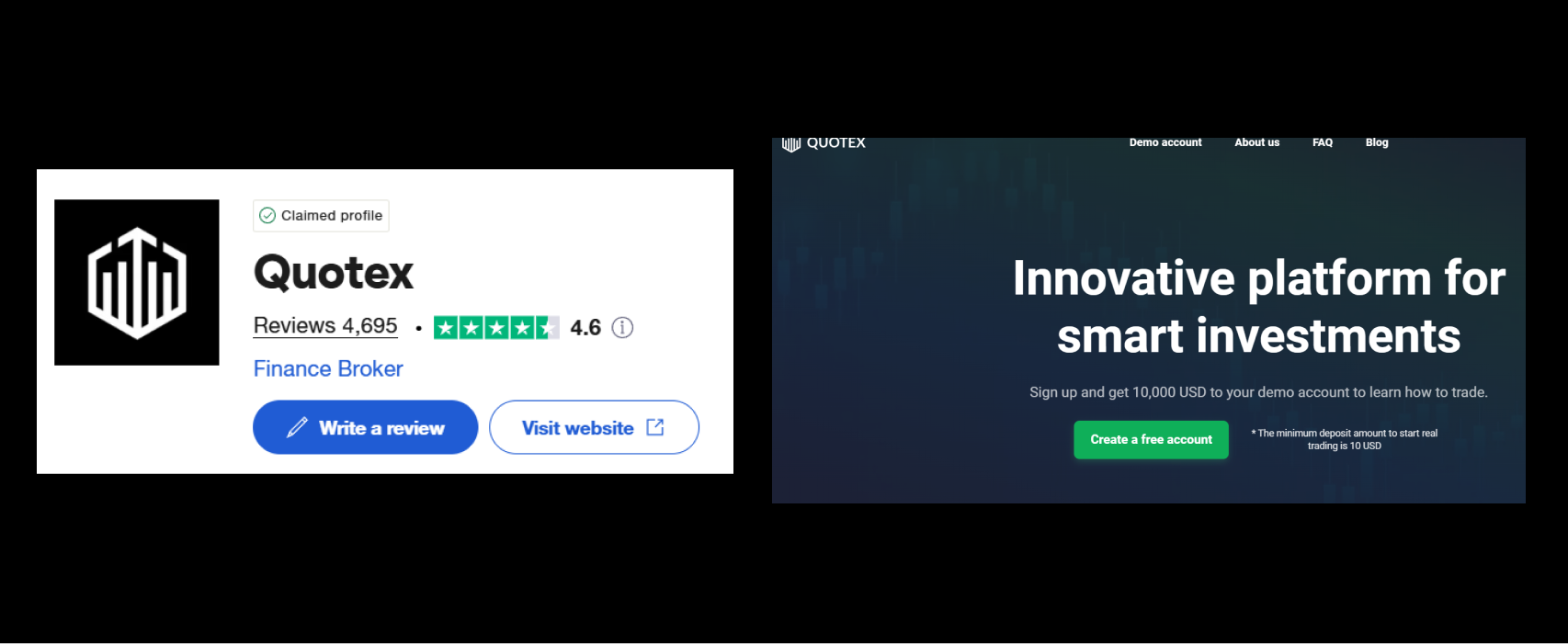Quotex Review: Is This Broker a Scam?

Quotex is one of those brokers that looks too good to be true—a sleek platform, promises of easy trading, and thousands of glowing reviews. But is it really as legitimate as it claims? Or is there something shady happening behind the scenes?
Our deep dive into Quotex uncovered some serious red flags. From a suspicious domain registration date to no financial license and questionable reviews on Trustpilot, the evidence suggests this broker might not be as trustworthy as it wants you to believe.
If you’re considering trading with Quotex, read this review first—because the truth might just save you from a costly mistake.
Quotex Broker: General Information
Here’s a breakdown of Quotex’s key details:
Category |
Details |
Website Domain |
qxbroker.com |
Established |
2019 (but domain registered in 2021) |
Regulation |
❌ No License (Unregulated) |
Restricted Countries |
USA, Canada, Hong Kong, EEA countries |
Leverage |
No information provided |
Account Types |
Demo account – $300 |
Trading Platforms |
No information available |
Trustpilot Rating |
⭐ 4.7 (Suspicious reviews) |
Total Reviews |
4,644 |
Negative Reviews |
212 (complaints about withdrawals & bans) |
Contact Information |
[email protected] |
⚠️ Key Concerns:
-
No regulation or oversight, meaning your funds are at risk.
-
Suspiciously delayed domain registration, suggesting a possible rebranded scam.
-
Trustpilot reviews appear manipulated, with real complaints of blocked withdrawals.
Would you trust a broker with no transparency, no security, and a history full of red flags?
Quotex Review: Suspicious Domain Age (Argument 1)
One of the first things we check when analyzing a broker is the date of domain registration versus the claimed establishment date. And guess what? Quotex already raises a major red flag.
The Domain Was Registered AFTER the Broker Was “Established”
Quotex claims to have been established in 2019, but their domain qxbroker.com was only registered on May 19, 2021.
See the problem here? If this broker was truly active since 2019, why would they wait two whole years to register their official website? A legitimate company would secure its online presence before launching, not years later.
What Does This Mean?
-
This delay suggests that Quotex might have falsified its establishment date to appear more experienced.
-
A later domain registration often indicates that a broker is a rebranded scam, previously operating under a different name.
-
This tactic is common among fraudulent platforms that shut down after bad reviews, then reopen under a new name.
It’s one thing to have a young domain, but it’s another to lie about your history. And if they’re lying about this, what else are they hiding?

Quotex Review: No Legitimate License (Argument 2)
Let’s get straight to the point—Quotex is not a licensed broker. And that’s a huge red flag.
No Regulation, No Protection
According to our research, Quotex operates without any official financial license. This means:
-
No oversight from recognized regulators like the FCA (UK), CySEC (EU), or ASIC (Australia).
-
No guarantees that your funds are safe. If they disappear, there’s no authority to help you.
-
No transparency—regulated brokers must follow strict rules, but Quotex can do whatever they want.
Fake Restrictions to Appear Legit?
Interestingly, Quotex claims to restrict clients from the USA, Canada, Hong Kong, and EEA countries—regions with strict regulations. Why? It’s a classic trick: scammers avoid countries where financial authorities can shut them down.
But here’s the catch—why would a broker that isn’t licensed anywhere even care about restrictions? Legitimate brokers follow laws because they have real licenses. Quotex, on the other hand, has no regulatory obligations. So are these restrictions even real, or just another marketing ploy?
What Does This Mean for Traders?
-
If you deposit money, you have zero legal protection.
-
The broker can manipulate prices, block withdrawals, or disappear overnight, and there’s no authority to stop them.
-
Many scam brokers use the “no license” model because it lets them operate in the shadows.
Quotex is basically asking you to trust them blindly. But with no regulation, no oversight, and no real accountability—why should you? 
Quotex Review: Suspicious Trustpilot Reviews (Argument 3)
Let’s talk about what real traders think about Quotex. According to Trustpilot, Quotex has a score of 4.7 with 4,644 reviews. Sounds great, right? But don’t be fooled—once we analyzed the reviews, the red flags started piling up.
Fake Reviews? Here’s the Evidence
At first glance, a 4.7 rating seems impressive. But when we dug deeper, we noticed something shady:
-
Massive amounts of generic, overly positive reviews
-
Many reviews use the same phrases, like “great platform” and “easy to use.”
-
Real traders usually describe their experience in detail—not just a copy-paste praise.
-
-
Lots of 5-star ratings with no real proof
-
Many positive reviews don’t mention specific trading experiences, withdrawals, or customer service.
-
They read more like marketing slogans rather than actual feedback.
-
-
Negative reviews tell a different story
-
Out of 4,644 reviews, 212 are negative, exposing serious issues like:
-
Blocked withdrawals
-
Account bans after profits
-
Manipulated trades
-
-

Why Would They Fake Reviews?
It’s a classic scam move—fake positivity drowns out real complaints. By stuffing Trustpilot with paid or bot-generated reviews, Quotex can:
-
Look more trustworthy to new traders.
-
Bury negative feedback under a flood of fake praise.
-
Mislead potential victims into thinking withdrawals are smooth and the platform is reliable.







